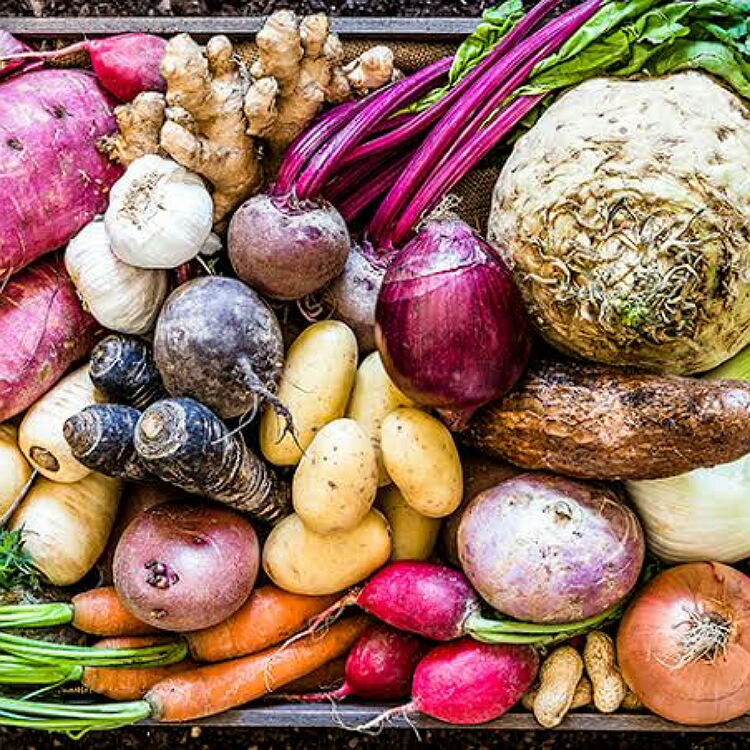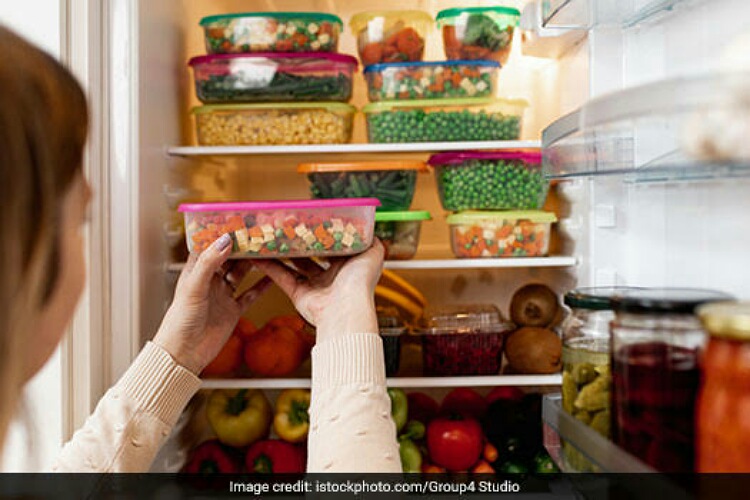Not uncommonly we hear about Listeria monocytogenes contaminated foods and an outbreak of Listeria infection with hospitalizations and deaths too. It is rather sad that this foodborne infection is also fatal and all this can be prevented. For this, one needs to know and remember which foods commonly can harbor this bacteria and cause food poisoning.
Listeria monocytogenes
Listeria monocytogenes is a pathogenic bacteria that can cause listeriosis. This bacteria is facultative anerobic and can survive in conditions of no or low oxygen. It is a virulent foodborne pathogen with nearly 20 to 30% people in the high risk group succumbing to the infection.
This gram-positive bacilli can even multiply at 0 degrees Celsius. That means that it grows even in refrigerated foods. It causes fever with muscle pains, headaches, neck stiffness, seizures, confusion and even fatalities. In newborns, it leads to meningitis with high rate of mortality.

In order to be cautious of this infection, one needs to be aware of the foods that are more likely to cause this disease. Here is a list of 5 foods that commonly can lead to listeriosis.
All types of fruits
Fruits are notorious to cause this infection. The bacilli are lurking in them and can cause an outbreak of listeriosis. Watermelons, honey dews, cantaloupes, papayas can cause this disease commonly. But any fruit that is washed with water that has the bacteria from the soil can lead to this infection. As per FDA, 11% of all the fruits tested had this bacilli on them. But this does not imply that we avoid eating these fruits. The benefits of eating the fruits is far more than the safety of avoiding them.
The best thing to have the benefits and yet be safe is to wash the fruits with an antibacterial fruit and vegetables wash or an antibacterial dish wash. Rewash it before you eat it or peel it. This will reduce the risk of infection remarkably.

Root vegetables and those vegetables that grow below the soil
Underground vegetables such as beet roots, carrots, radish, turnips, potatoes can come in contact with the listeria of the soil. Zucchini and squash grow above the soil but their vines are low lying. Therefore these too can have these deadly bacteria on them. Similar to fruits, do not stop eating these vegetables. These vegetables are healthy and nutritious and should be part of everybody’s diet.
Instead, wash these vegetables thoroughly and preferably peel them before cooking. Wash them even after peeling. This would remove the bacilli that reach the deskinned vegetables from your hands that had got contaminated from the infected peel.
Raw or canned seafoods can spread Listeria monocytogenes infection
FDA did a bacterial test on foods and found that 12.9% of the 7855 samples of smoked seafoods tested had listeria on them. Raw seafood and preserved fish also had the highest percentage of this contamination. Hence it is best to be careful while buying smoked or canned seafoods. Use reputed brands and cook them well before consumption. Do not eat them cold to avoid an infection.
Smoked and preserved meats
Salami, hot dogs, sausages that have preserved meats in them and are eaten cold might spread listeriosis. These foods too are heavily contaminated with listeria bacteria.
FDA study showed that nearly 6.4 percent of the sausage samples, 4.8 percent of samples of hot dogs, and 6.5 percent of pâtes and meat spreads contained listeria on them.

Prolonged refrigerated foods
Once a particular food has the listeria bacteria in it and you refrigerate it, the multiplication and growth of the bacteria does not stop. Foods from the refrigerator if cooked at high temperatures before consumption can kill the bacteria. But eating them cold can cause the infection.
Read more: How to reduce risk of food poisoning with lentils consumption?
Cheese can also spread the infection. Semi soft and soft ripened cheese has more chances of harboring listeria than hard cheese. Always add cheese to cooking foods. Avoid consuming it cold on sandwiches or as a snack.
